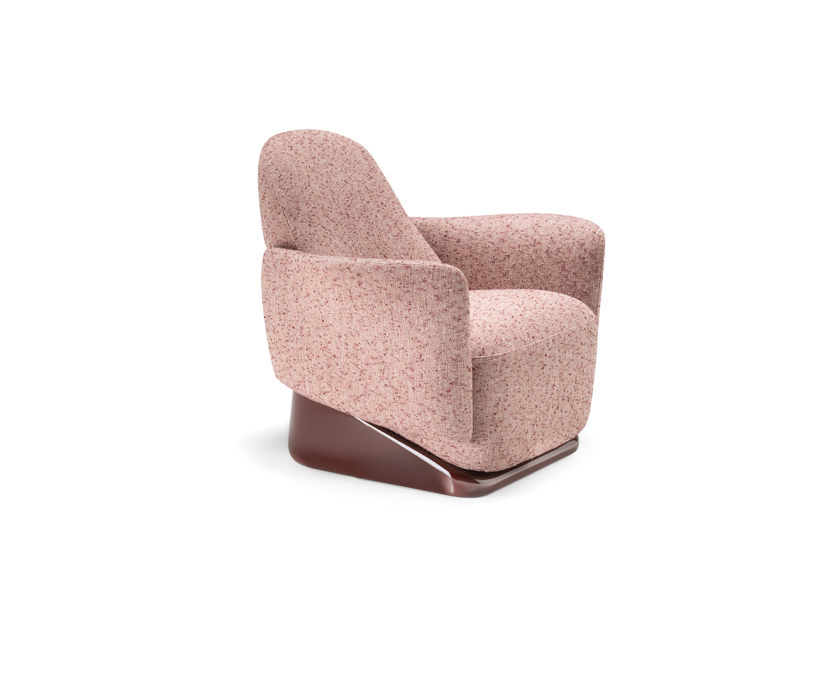
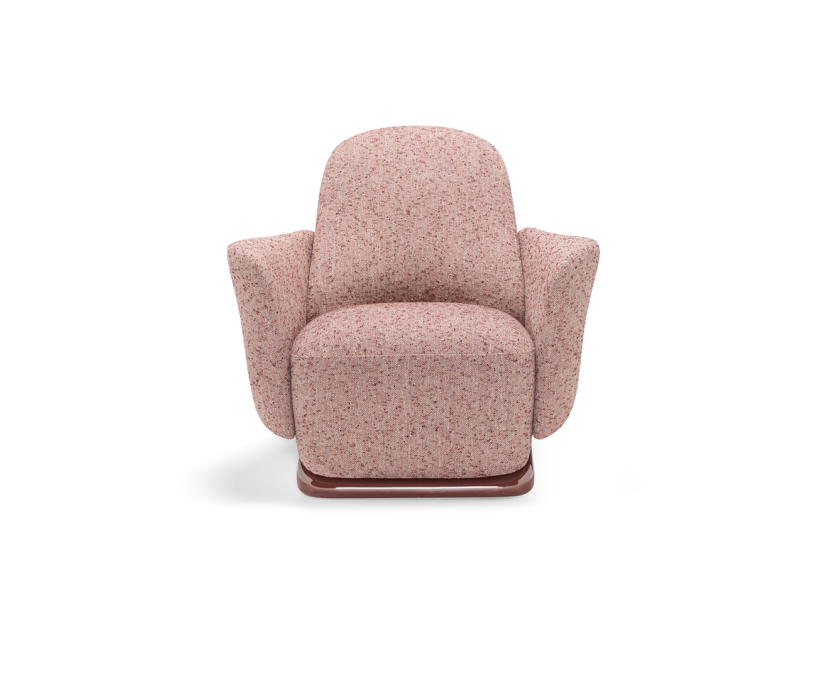
将功能性和美学结合在一起,支撑身体,舒展身心,这就是 Molteni&C 扶手椅的使命。做到这几点并不容易,但这个部分的家具均出自史上最伟大的设计师之手,是能赢得这个挑战的最好证明。Gio Ponti 是一名设计大师,而 Molteni&C 重新创造了五款他的设计师扶手椅,其中最具标志性的该属 D.154.2(为当代艺术收藏家 Plancharts 的墨西哥别墅而设计)。现在推出的款式由软硬聚氨酯组合而成,并加上可定制颜色和面料(亚麻、雪尼尔、皮革、天鹅绒等等)的衬垫。几乎具有现代风格的 D.153.1 配有缎面黄铜结构,其下一代 D.156.3 采用了实心枫木或胡桃木。放至今日,也不禁令人感叹它们的设计在当时极具革新意义。Ponti 的其他设计包括最初为大型船舶设计的 D.151.4,以及可用于读书或聊天的 D.270.2(得益于它极高的多功能性)。除了这些标志性的家具作品,还有当代风格的设计师扶手椅,例如西班牙设计师 Patricia Urquiola 设计的以流动、简约、非传统为特点的 Glove和以灵动、柔和、蜿蜒为特点的 Glove-Up,让客厅极具个性。Nicola Gallizia 设计的 Fantasia 似乎具有同样的品质,而来自克雷莫纳的 Ferruccio Laviani 则设计了座椅系统:Large 是一个具有可拆卸沙发套的沙发系统,使用的热敏泡沫可以自我塑形,正确分配重量。该系列最后是现代翼型椅 Doda,它给人以惊喜和包围的感觉,同样的还有 Mandrague 椅。设计师 Rodolfo Dordoni 因为 Chelsea 而名声大噪,它们是一系列结构精良的多功能设计师扶手椅,适用于客厅和餐厅。而Hannes Wettstein 用 Lido 和 Reversi 给了一代又一代人惊喜。Skin(Jean Nouvel)和 Allure(Matteo Nunziati)同时提醒我们,审美的纯粹性没有边界,只要有理解它的心智和实现它的巧手。最后,Clipper 和 Holborn 各具特色,但同时在设计上有着相似的简约和舒适感。







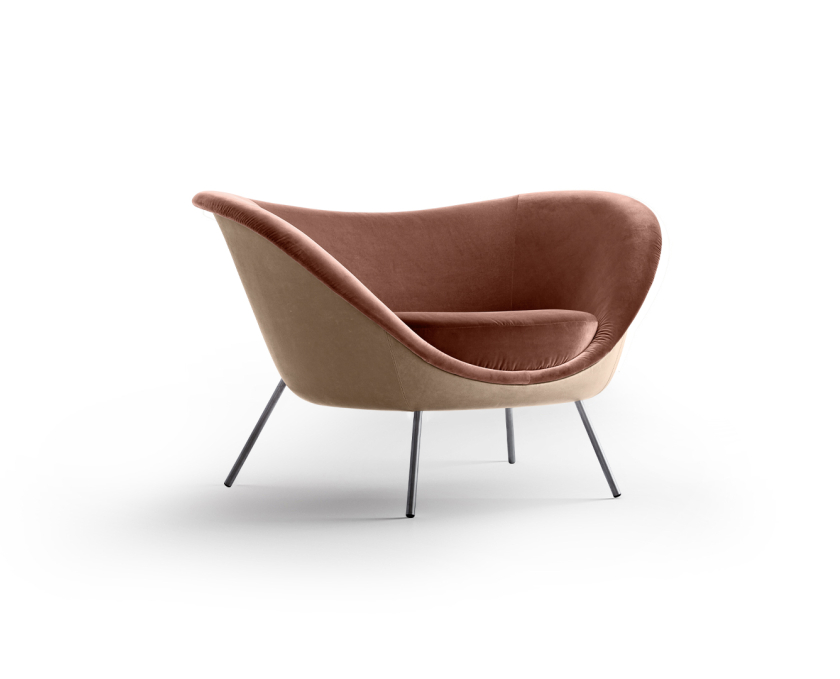
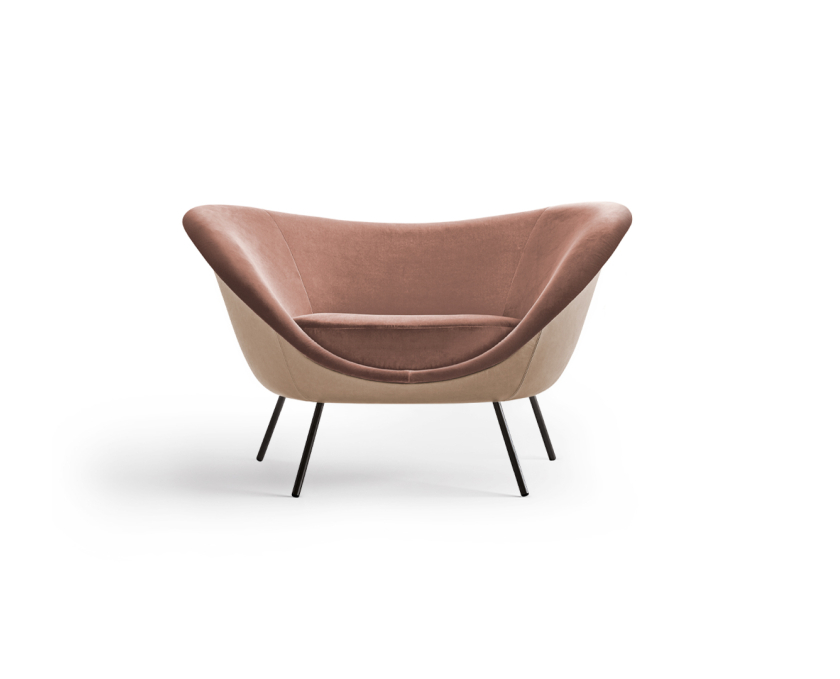


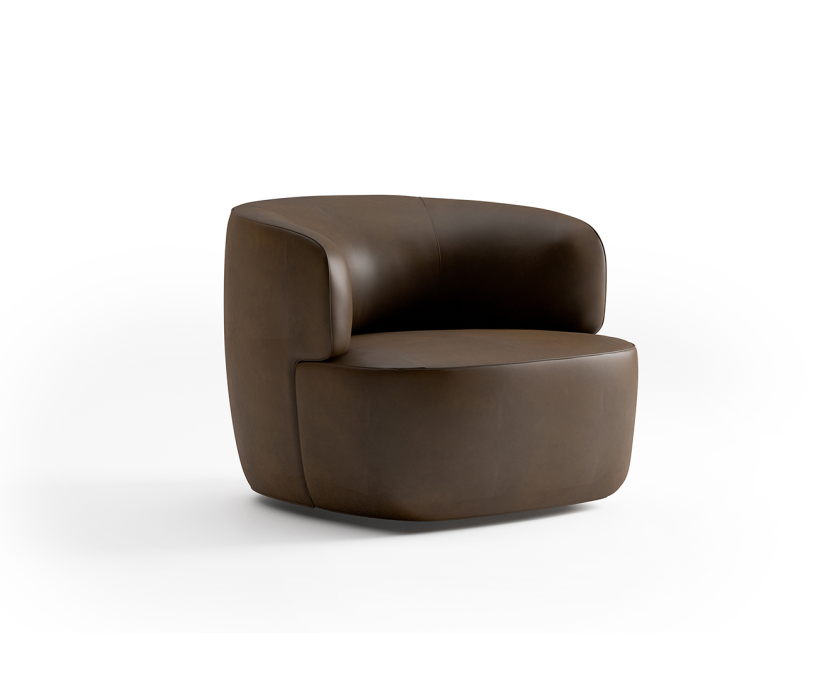
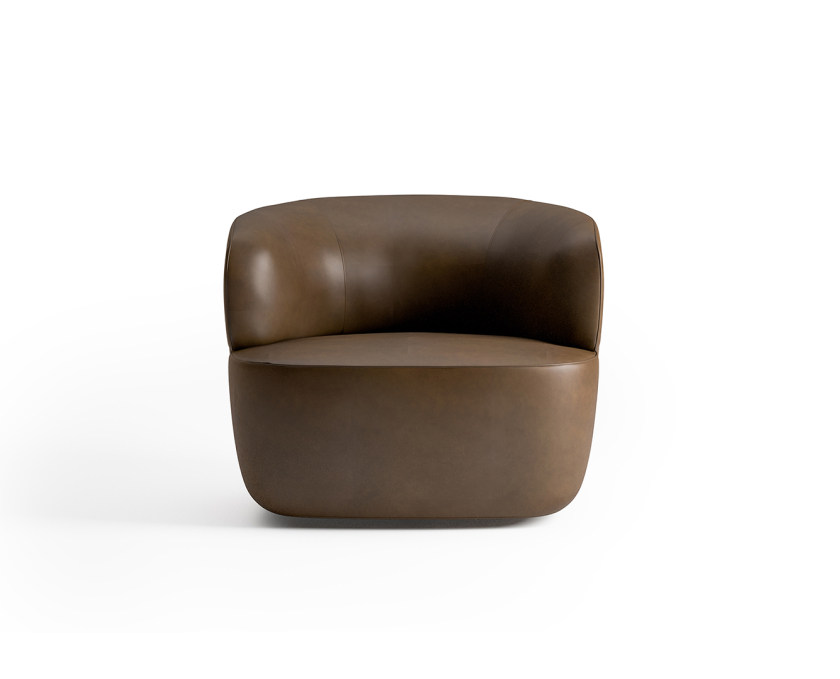
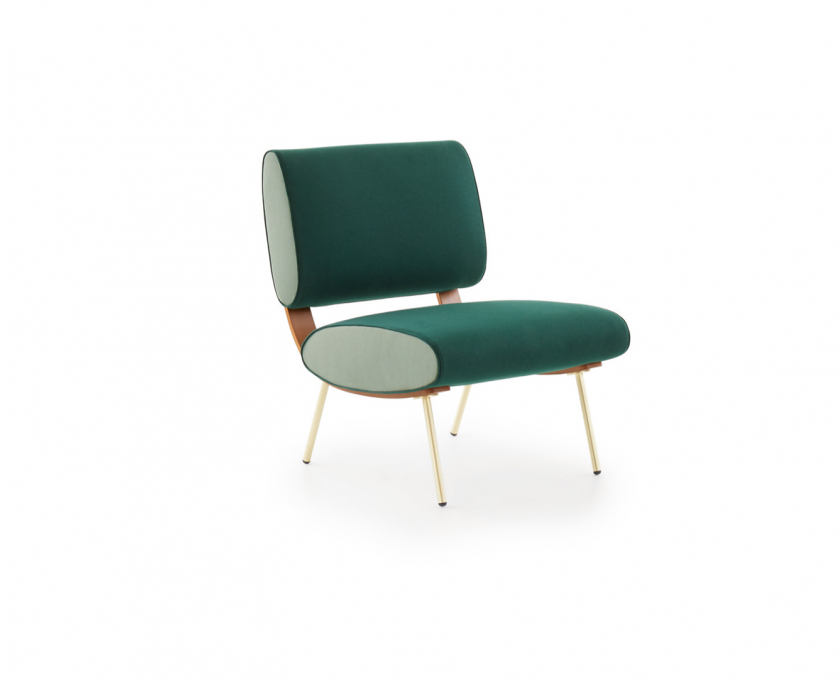
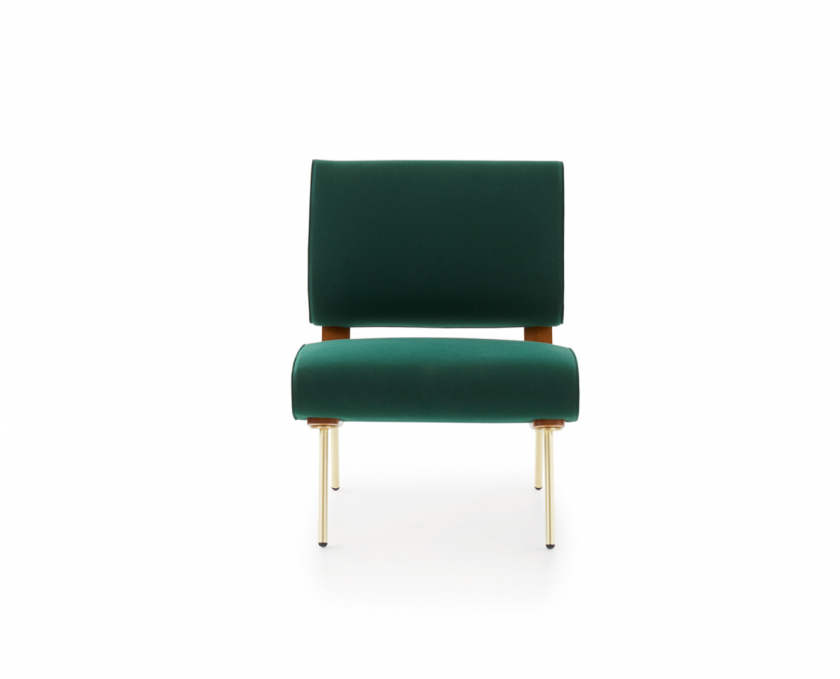
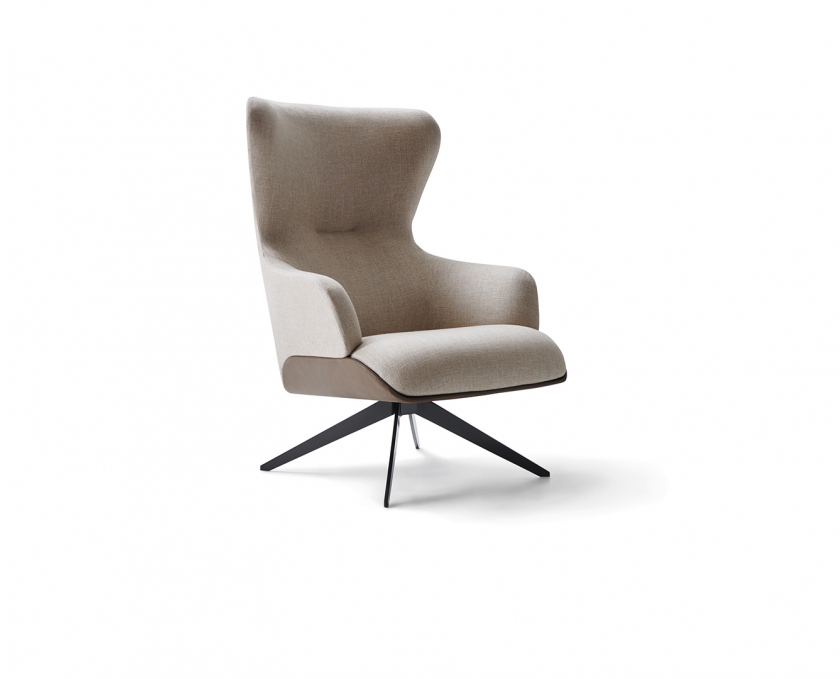
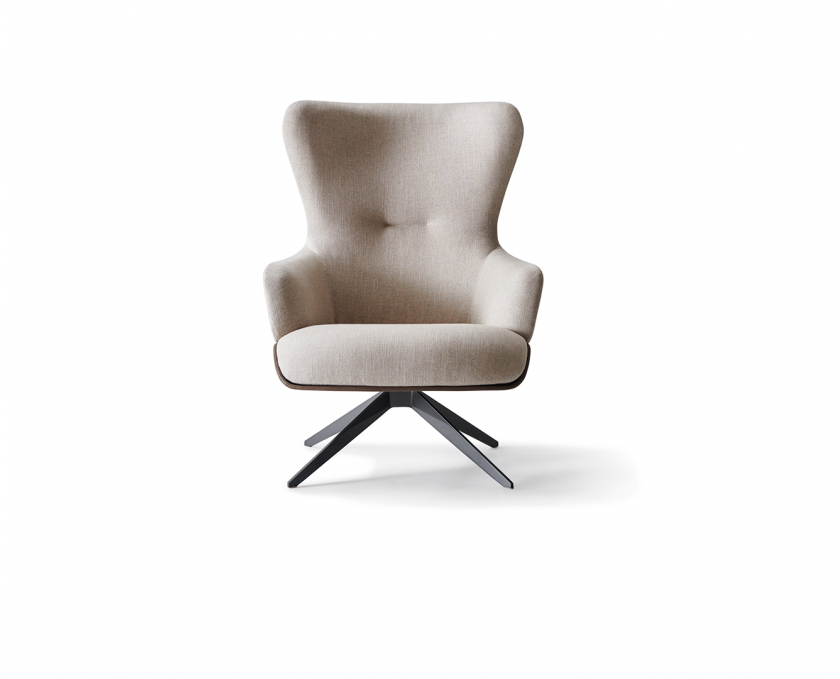
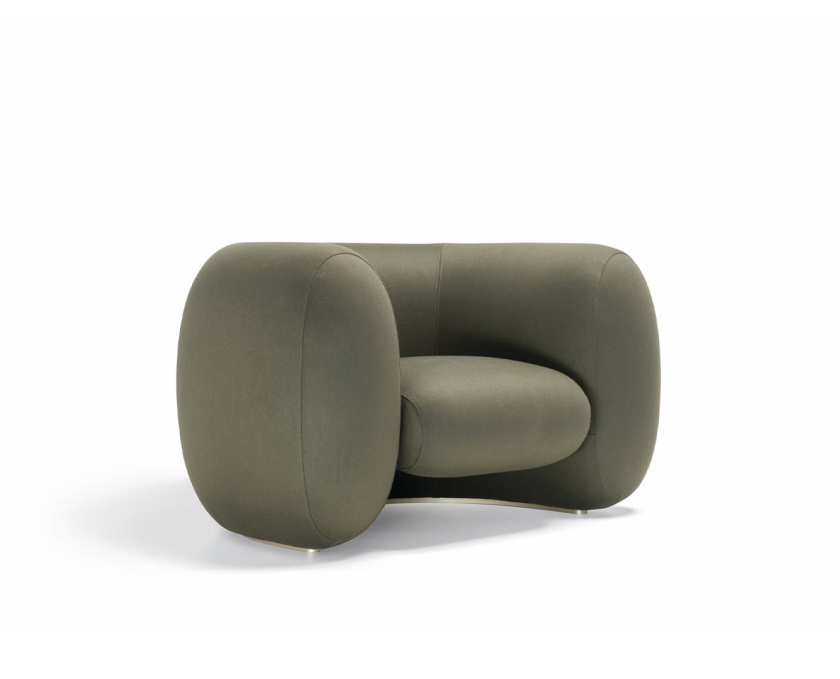
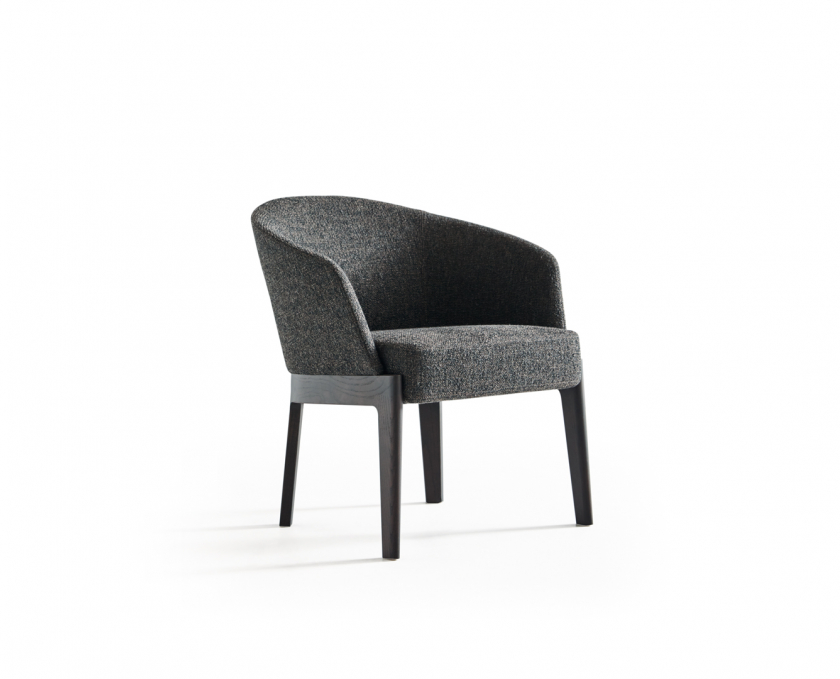
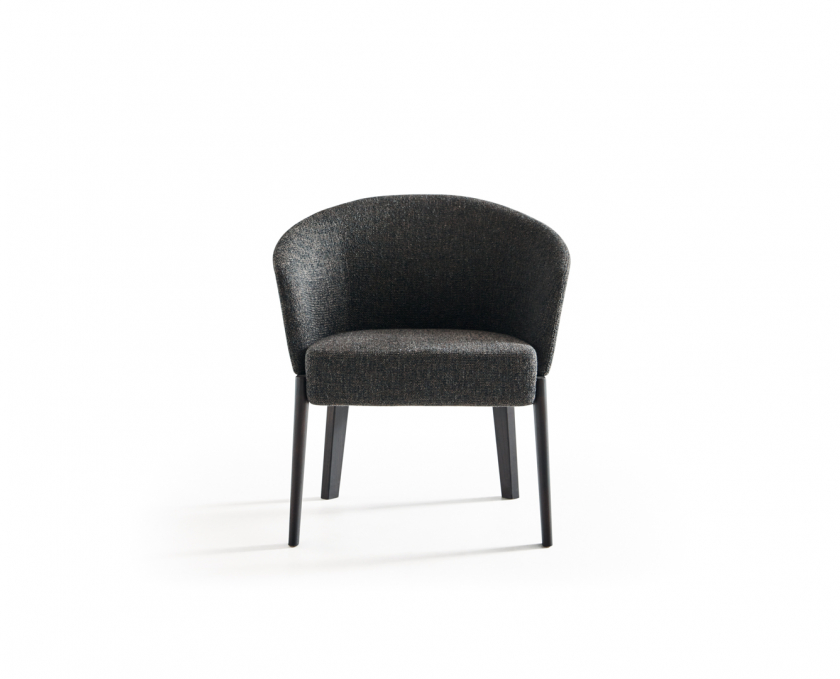
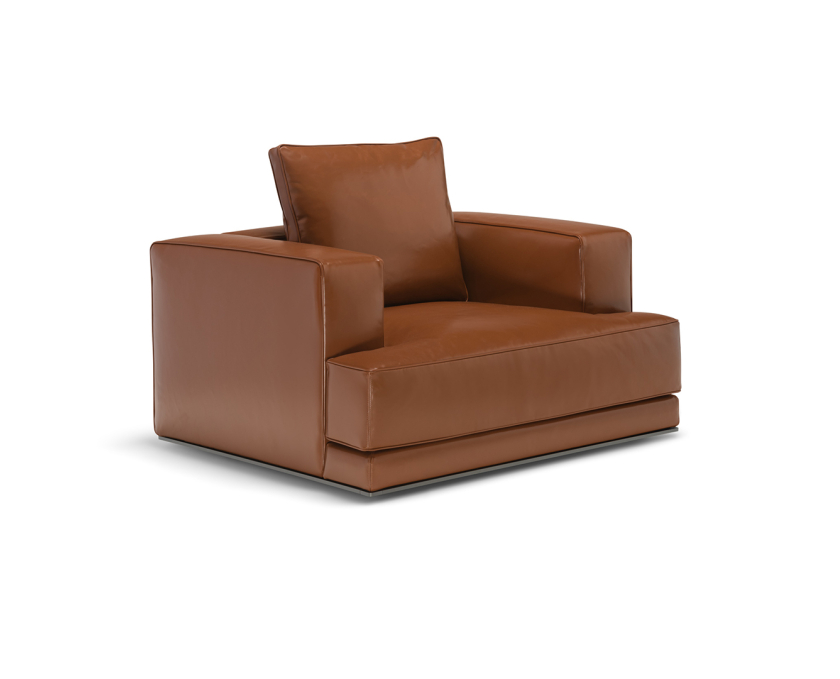
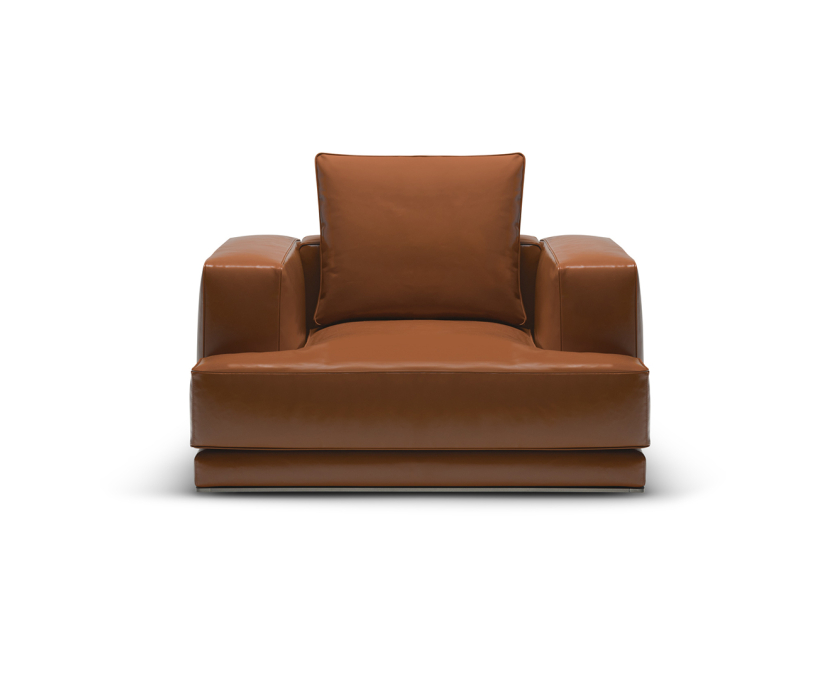
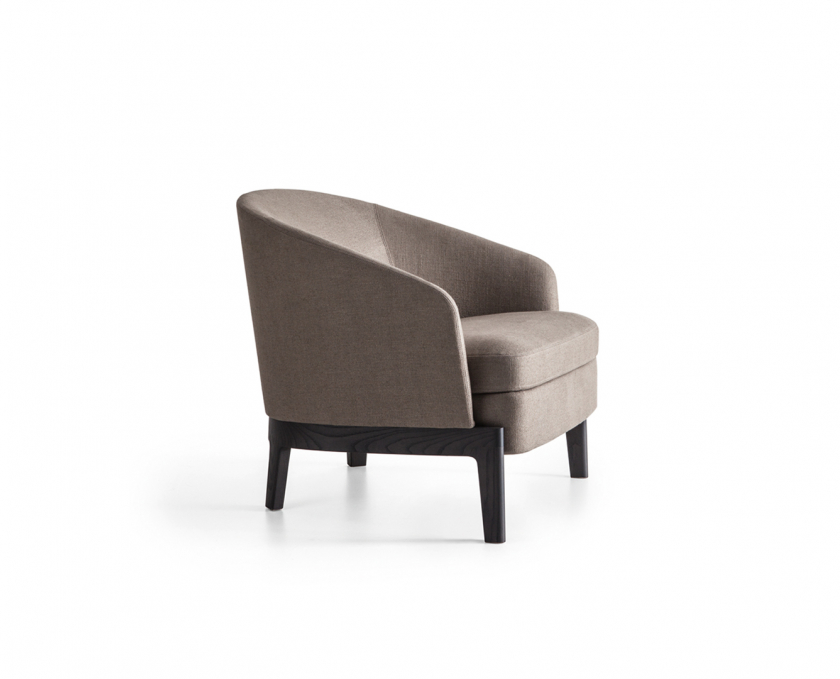
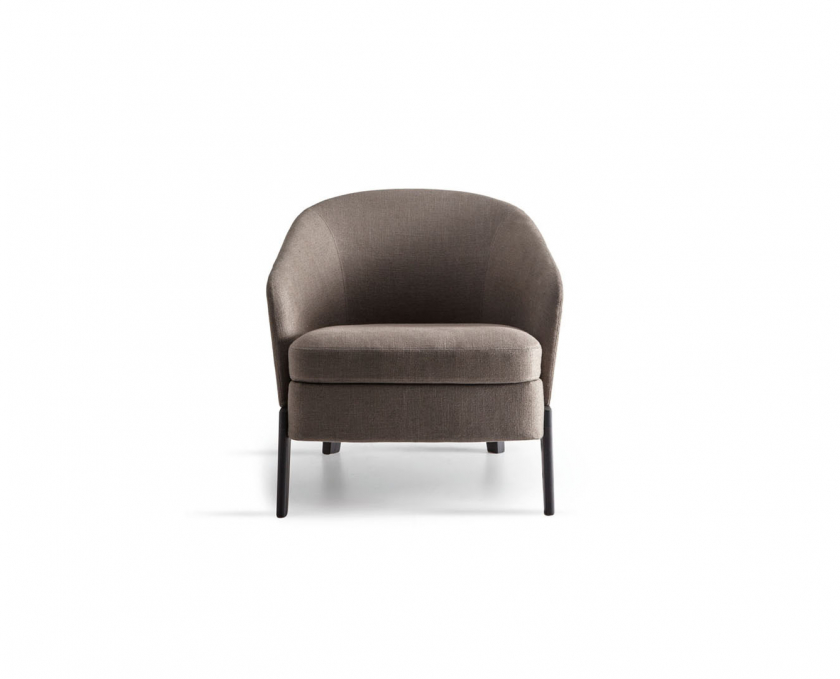
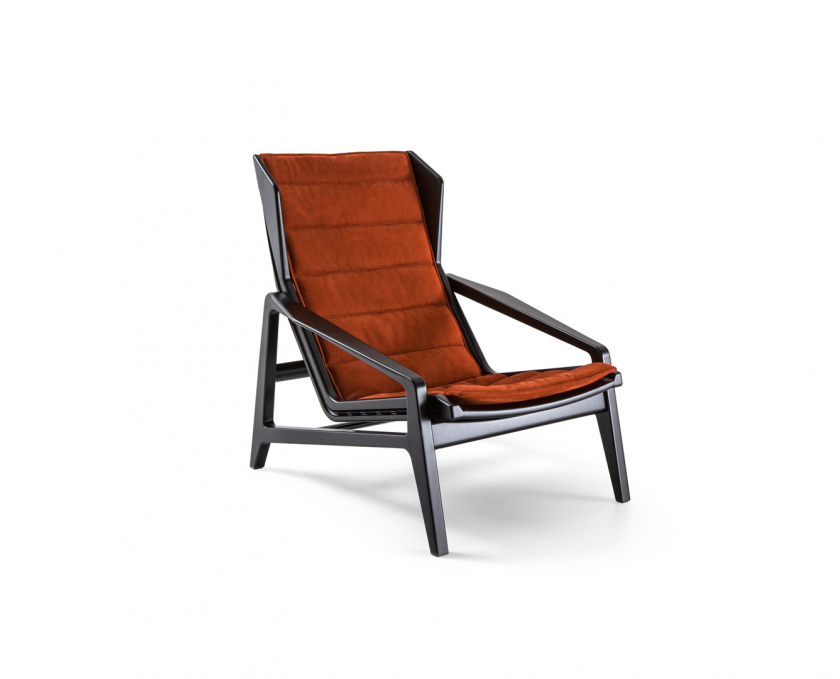
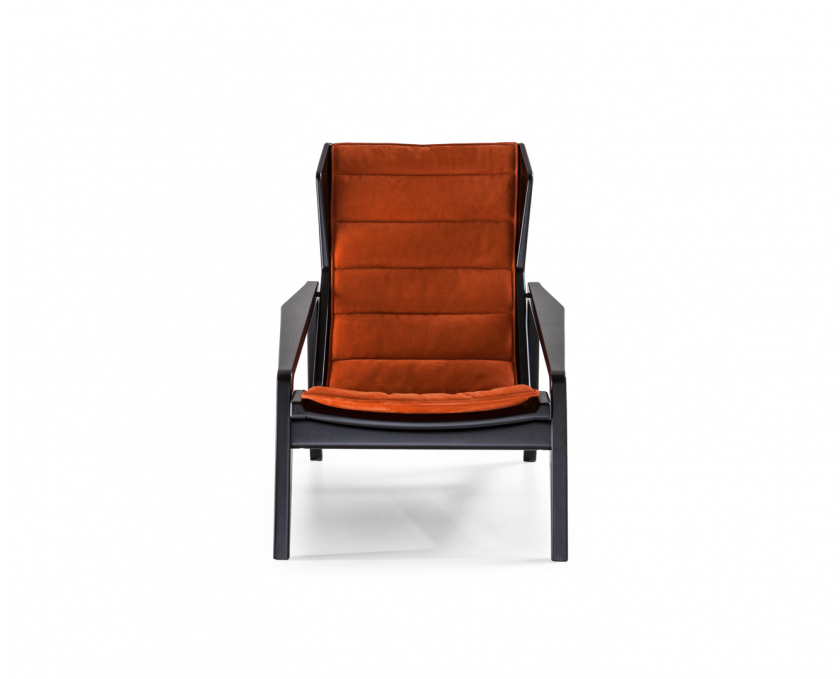
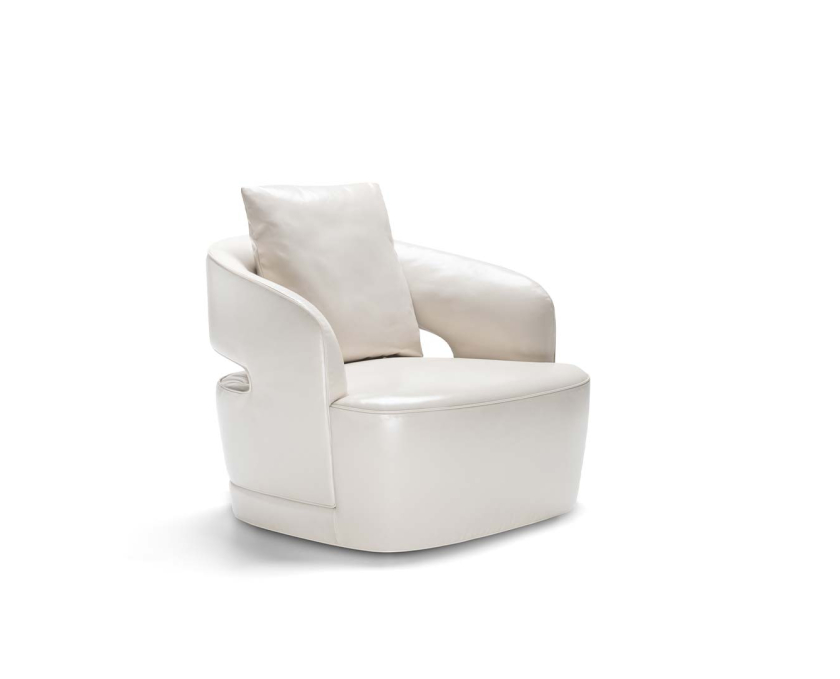
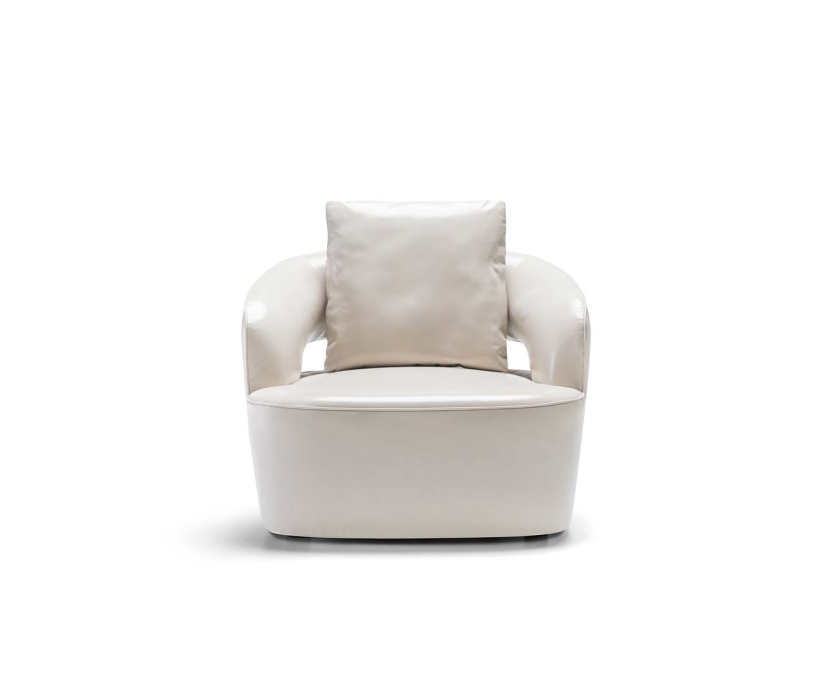
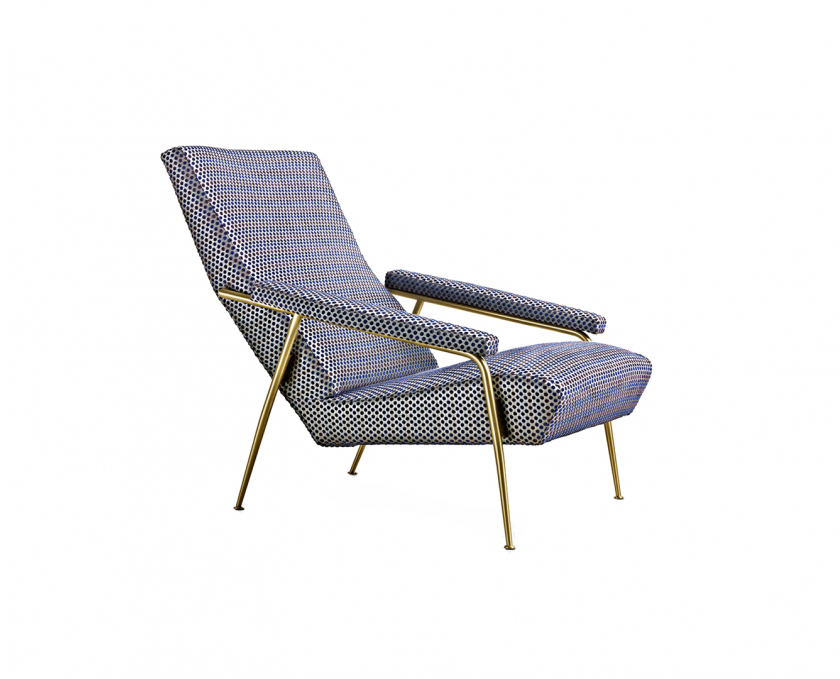
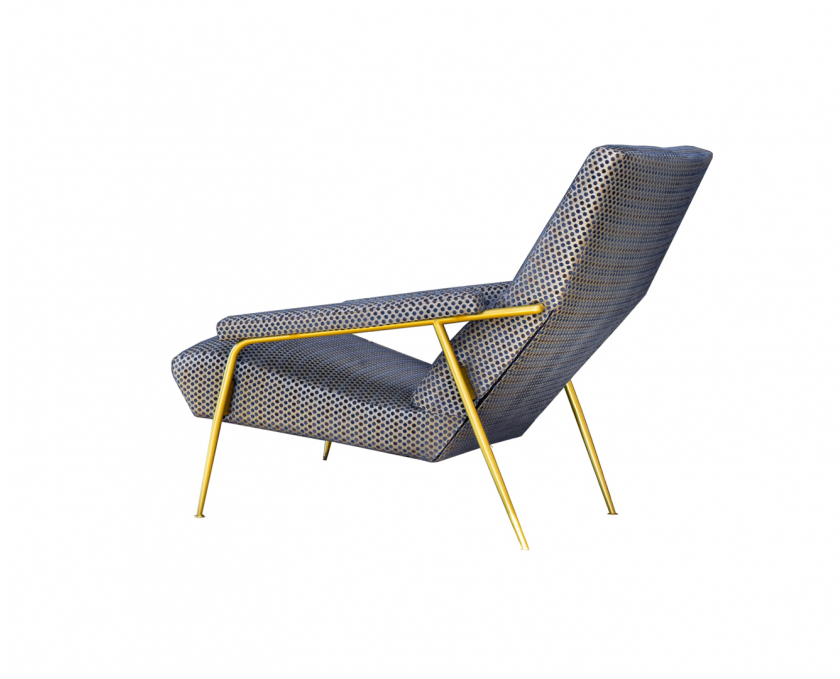
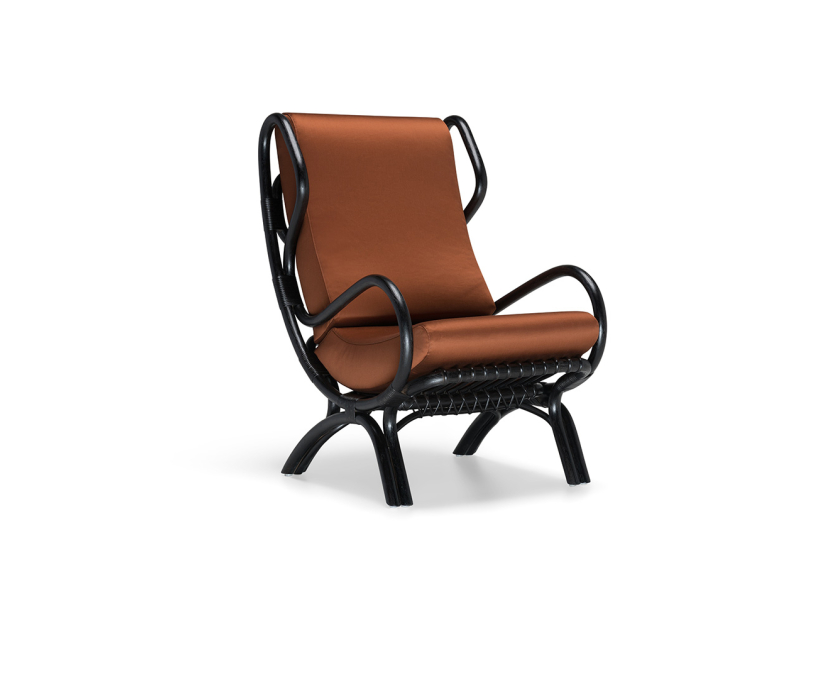
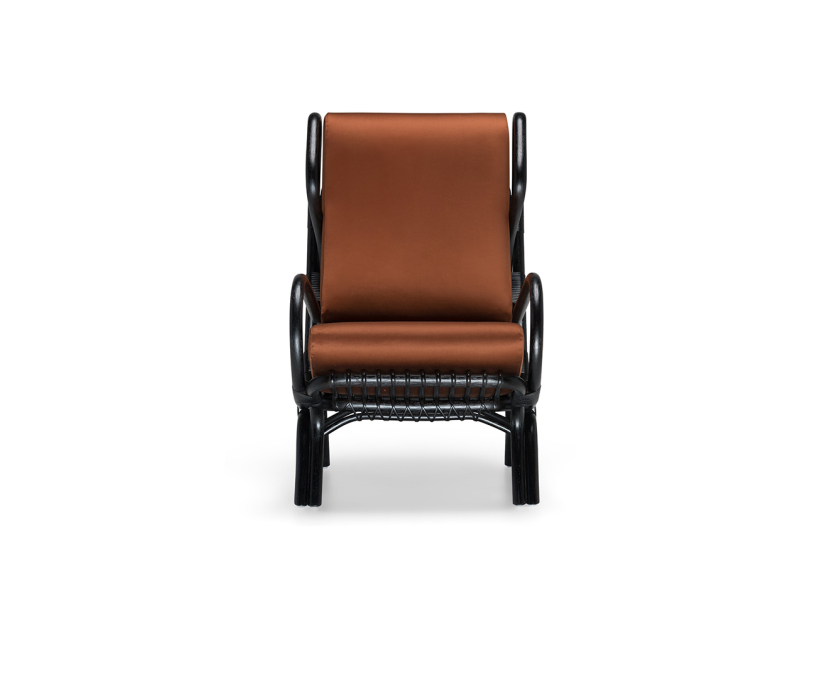
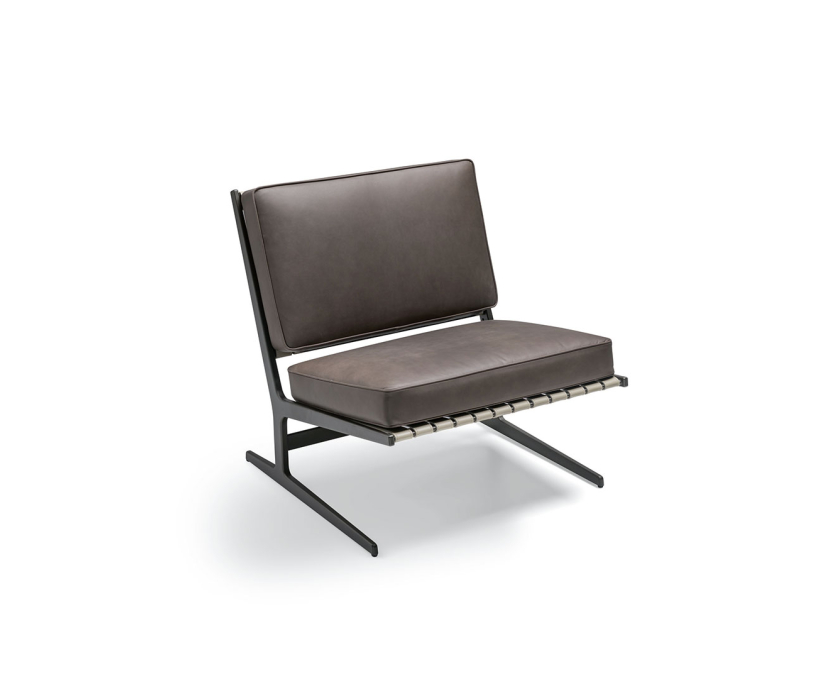
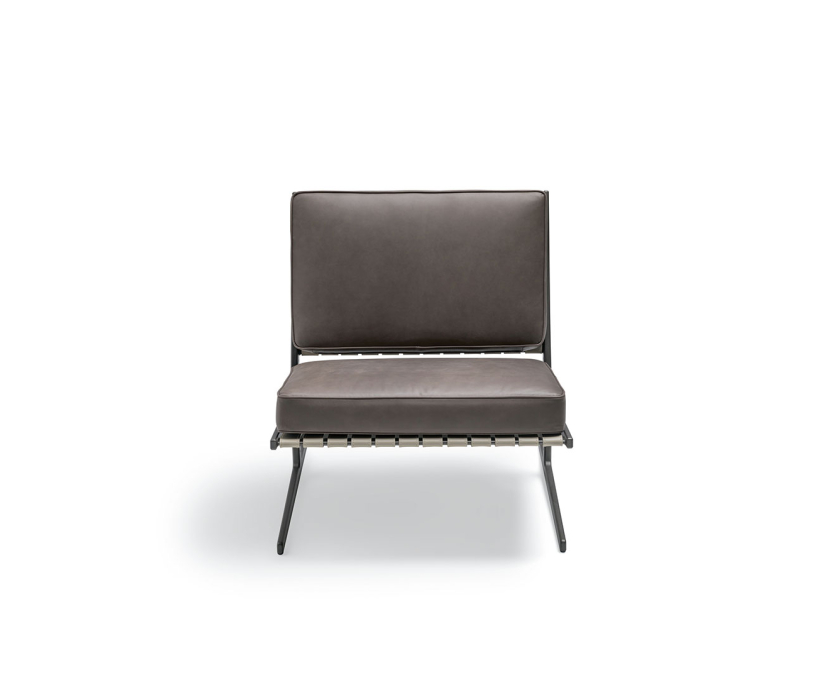
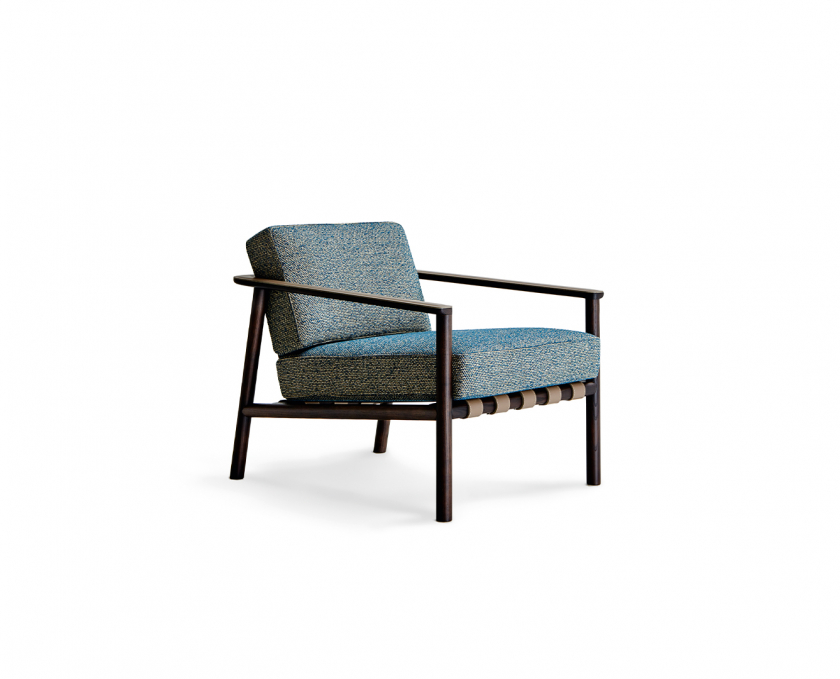
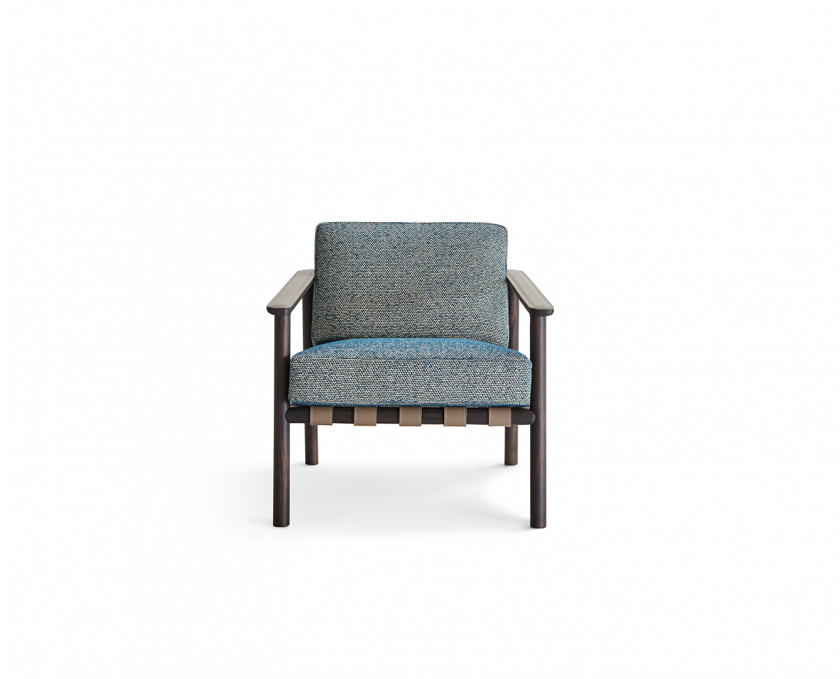
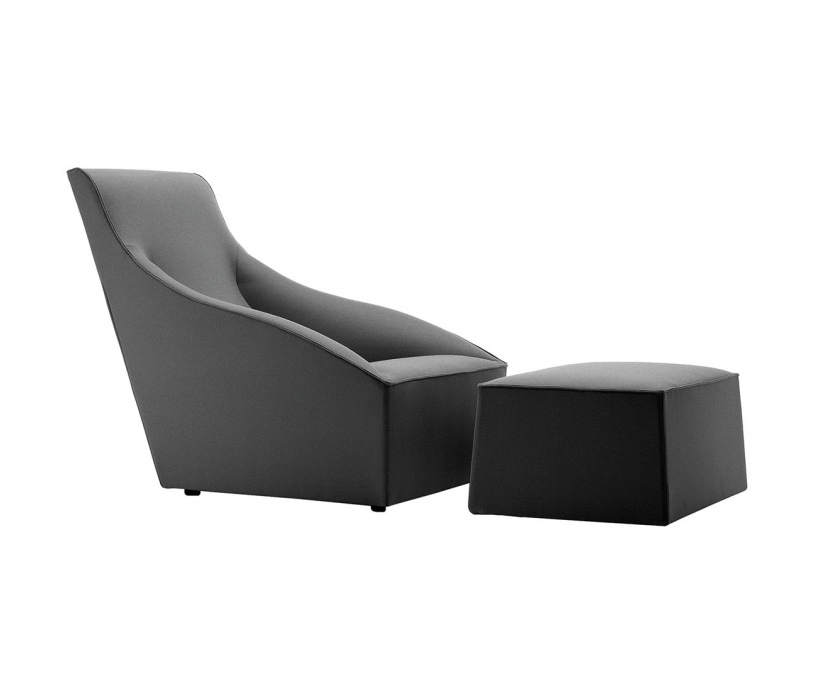
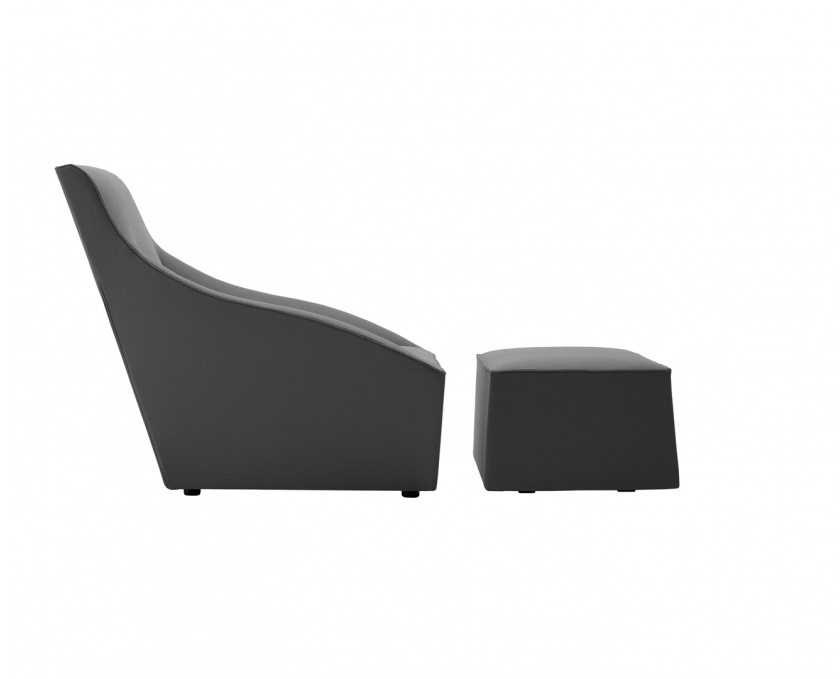
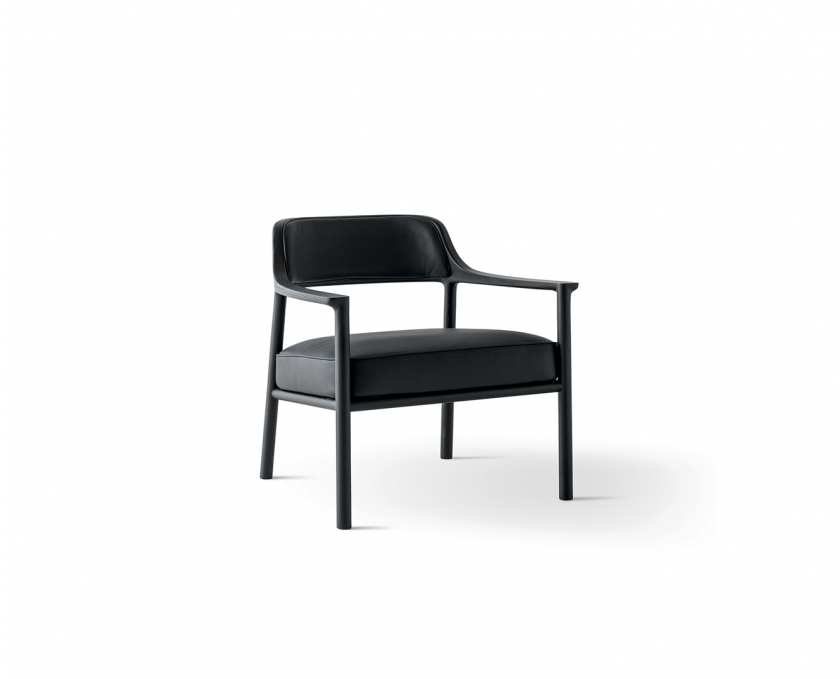
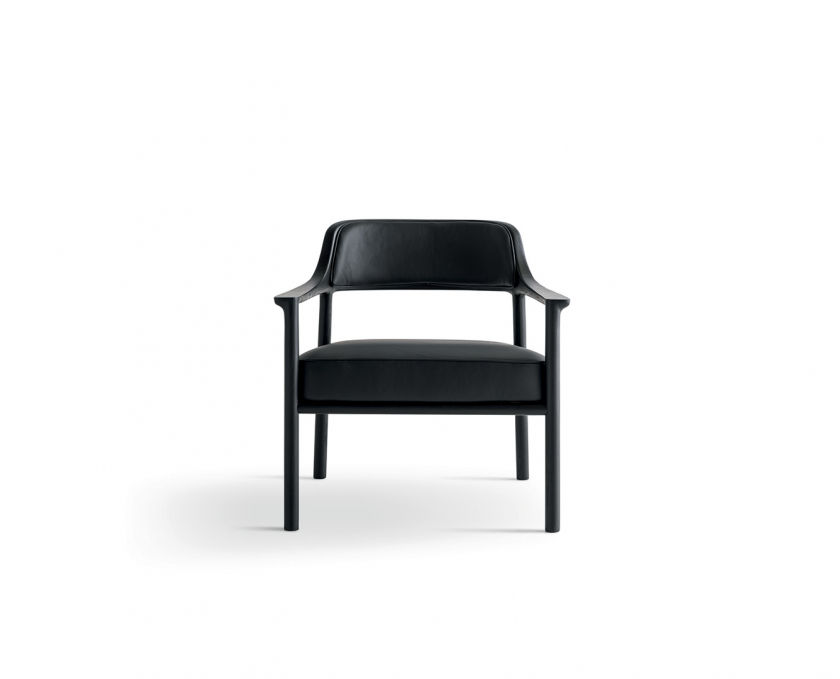
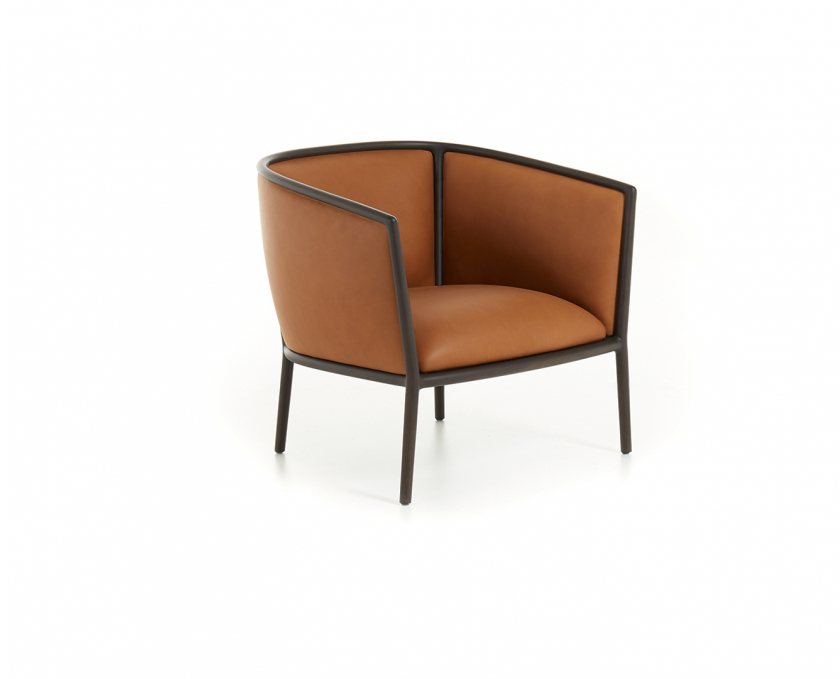
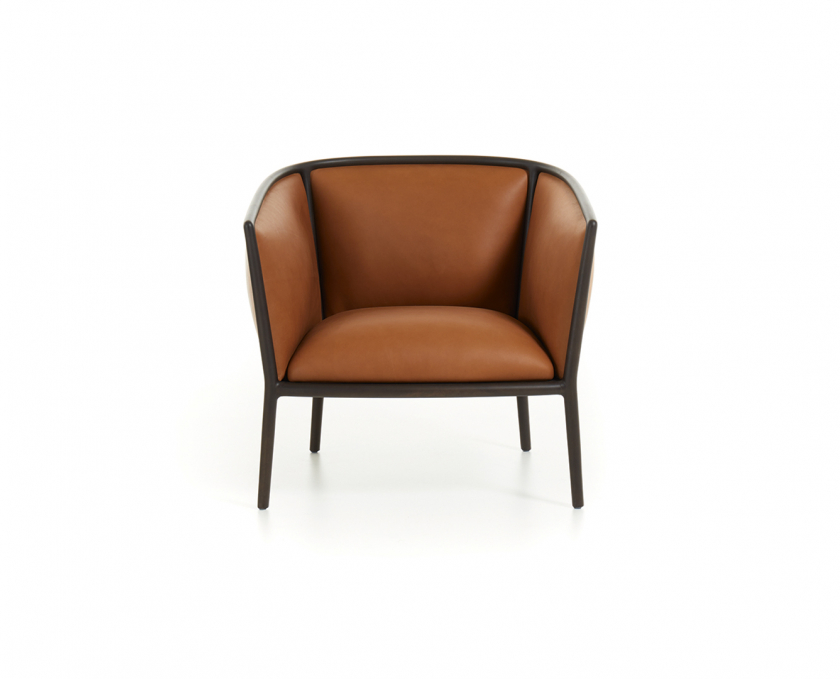
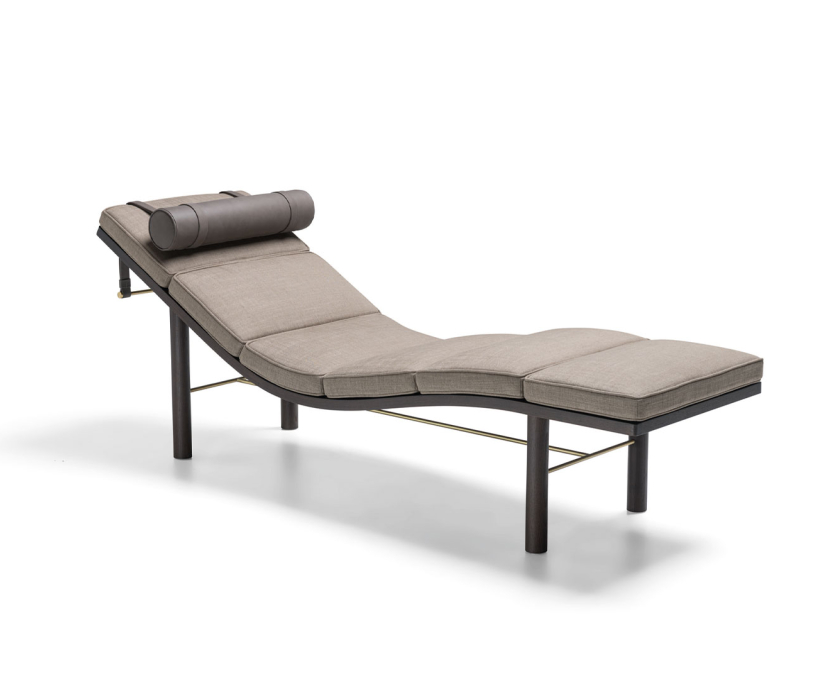
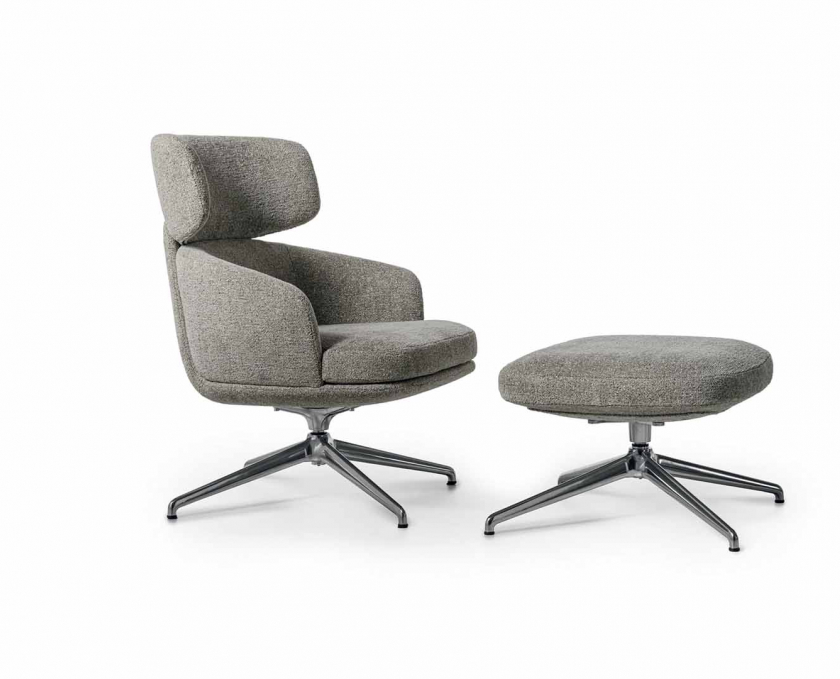
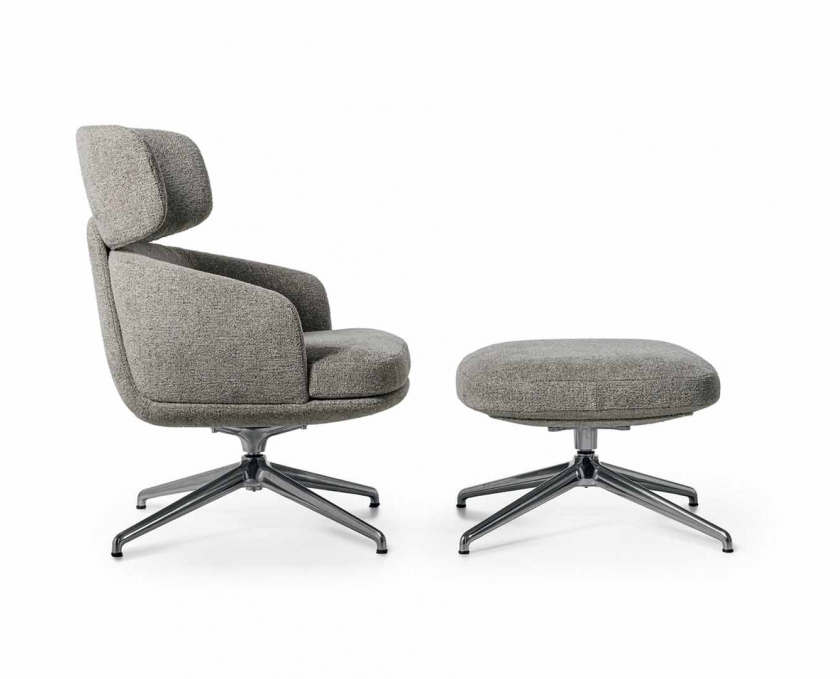


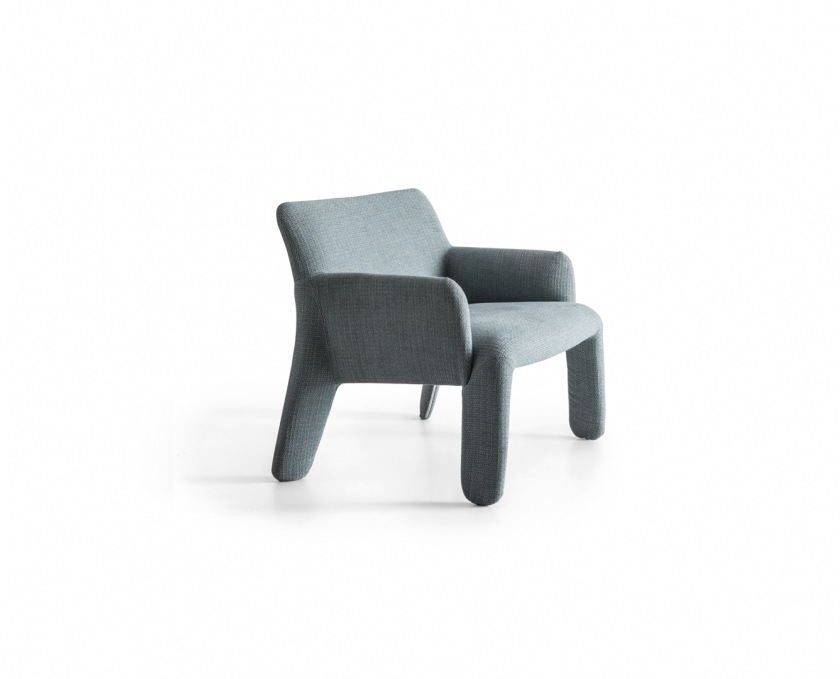
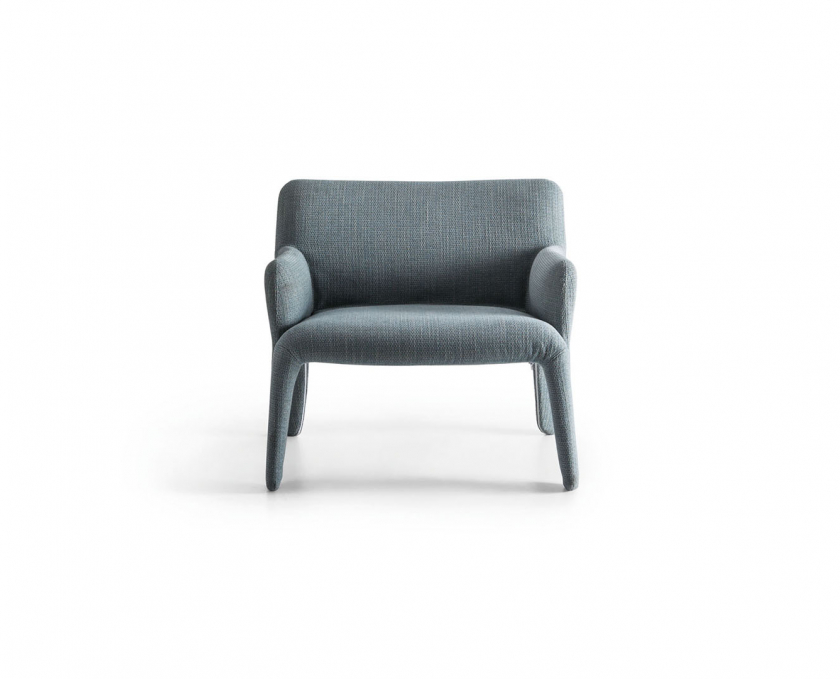
Rodolfo Dordoni created several modern design armchair projects in collaboration with Molteni&C. The Chelsea armchair style strikes the perfect balance between contemporary furniture and more traditional models. The strength of the solid wood frame blends with the fluid line of the backrests, creating the union of ergonomics and elegance from which refined seats are born. Sutton, a small reading armchair with soft lines, was designed by Dordoni to accommodate the body in complete comfort. The back and armrests are created as a continuum that envelops the plush, upholstered seat. The Piccadilly design comes from the union of various intersecting surfaces, creating new and enveloping shapes with and without armrests. Kensington is an ideal living room armchair with enveloping lines and calibrated proportions suitable for relaxing or conversing in tranquility, once again bearing the hallmark of Rodolfo Dordoni.
Gio Ponti's signature style recurs in several Molteni&C armchairs. The name “Round D.154.5” comes from the rounded shape of the seat and backrests, called “soapbox.” Round D.154.5 is also referred to as “Eight Pieces” in the Ponti/ Fornaroli/ Rosselli study. In fact, there are eight pieces that compose it: a backrest, a seat, two curved plywood elements, and four legs that hold everything together. Envisioned by Gio Ponti and produced for the Altamira company, the D.156.3 armchair is displayed in the company's showroom in New York. The design, which Molteni&C exclusively reissues, has a frame in solid canaletto walnut or semi-gloss black lacquer. The D.151.4 contemporary armchair features a wrap-around frame, comfortable armrests, and solid wooden legs with brass ferrules. The D.153.1 armchair, created in 1953, is part of the Molteni&C re-edition of the furnishings from Gio Ponti's private home in Milan. The fabric, designed by Ponti himself in 1934, reinterprets the centuries-old velvet technique, updating it with contemporary patterns. The D.154.2 armchair is like a cozy shell; it has a rigid polyurethane frame, a soft polyurethane counter-frame, and a cushion. It is upholstered in Molteni's range of fabrics, with the possibility of differentiating the components.
Vincent Van Duysen, a profound connoisseur of the history of modern design, envisioned Yoell: a contemporary redesign of the 1950s Latin American reading armchair. Featuring a sleek solid wood frame stained Black Ash, Eucalyptus, and Sunrise Oak, Yoell reflects, while profoundly renewing, the distinctive feature of the relaxation armchair. Yoell is offered with fabric, leather, or leather upholstery from the Molteni&C range. Also bearing Van Duysen's signature style is Walter, a small armchair with a frame made entirely of solid ashwood, stained black oak or eucalyptus, curated for a contemporary, welcomingl environment. The main use of the Gilles low armchair is not only in the hospitality field, but also in domestic settings as a complementary living room armchair flanked by sofas with a large presence. It has a classic all-wood frame, where the backrest also serves as an armrest. Elain, with its round and enveloping shapes, is a small armchair designed to fit into any environment thanks to its small size. It is dressed in precious fabrics or soft leathers. It remains a sophisticated small armchair, with a refined aesthetic language, that offers a welcoming feeling due to the padding of the seat and back.
Doda, by Ferruccio Laviani, is an interpretation of the classic bergère with a contemporary twist. A designer armchair with enveloping shapes and great comfort is characterized by a calibrated proportion between thicknesses and the combination of straight and curved lines. Mandrague, halfway between the classic bergère and the “pop art” armchairs of the 1960s, is a softly shaped seat envisioned by Laviani, intended to create an intimate space where one can isolate oneself from the outside world.
Matteo Nunziati's Allure modern design armchair was born from an idea of balance and proportion among the elements that compose it. The result is a sinuous, dry, refined line characterized by thin thicknesses and strong lines. Allure's small dimensions and finishes are created both for home use and for furnishing common spaces in hotels, suites, or residences. Patricia Urquiola's Glove-Up represents the evolution of a futuristic theme, characterized by molded lines. A balance of forms flows from the fluid line of the backrest into the lightness of the legs, making Glove-Up a witty yet versatile armchair, suitable for either a classic or contemporary setting.